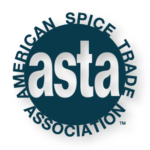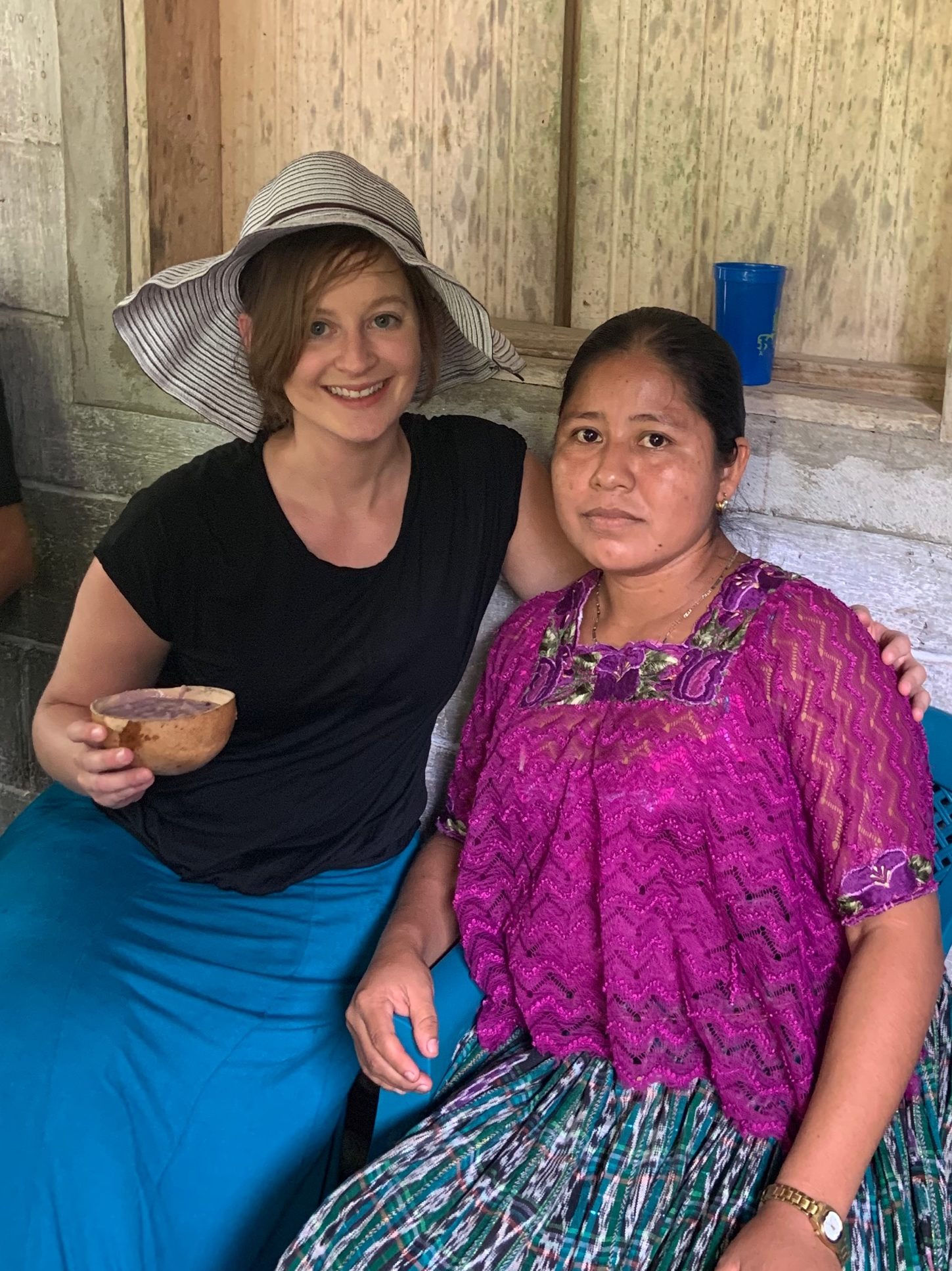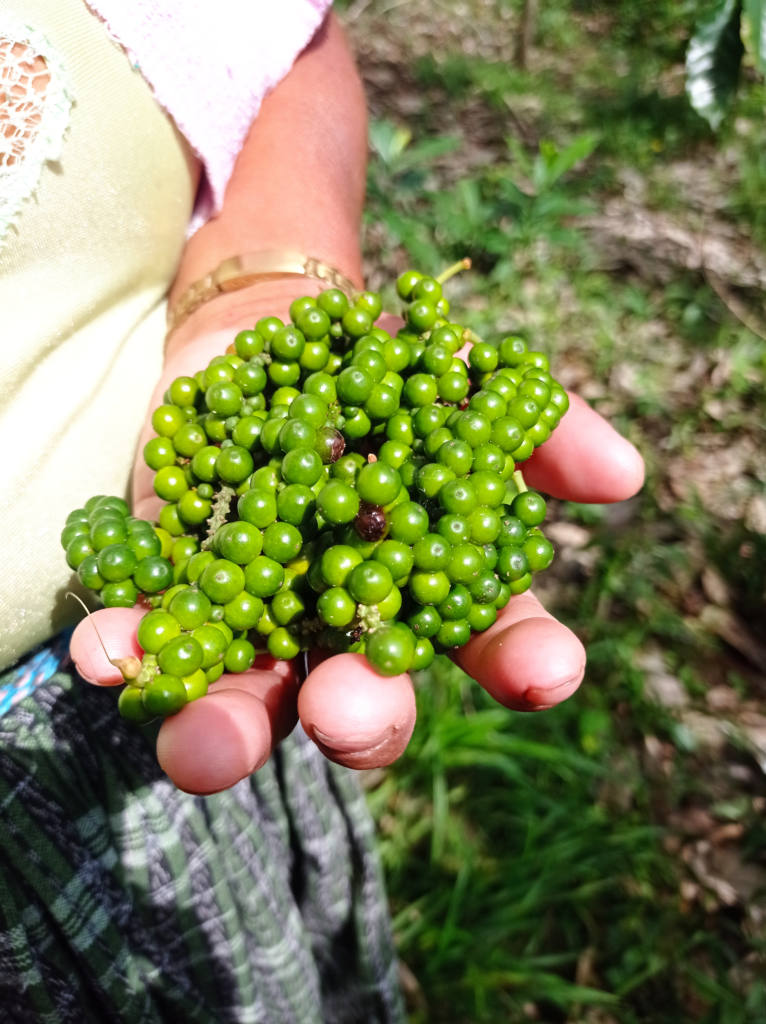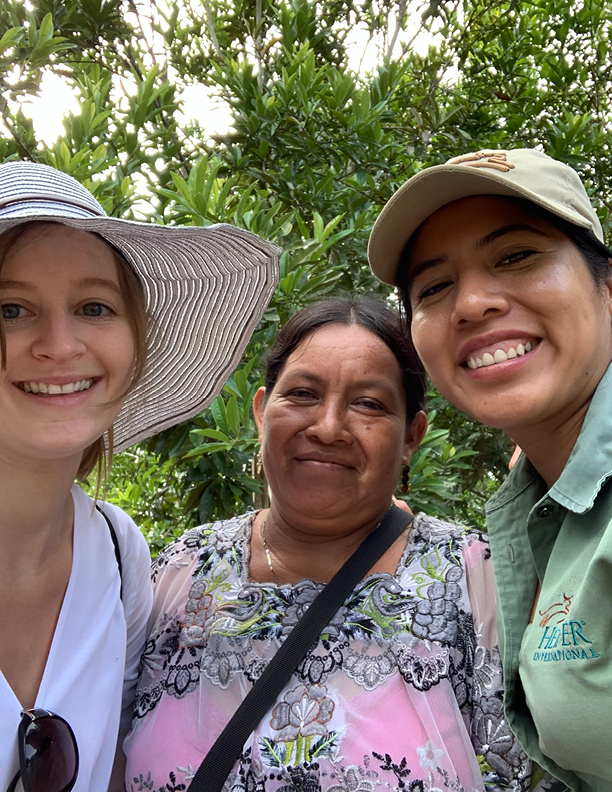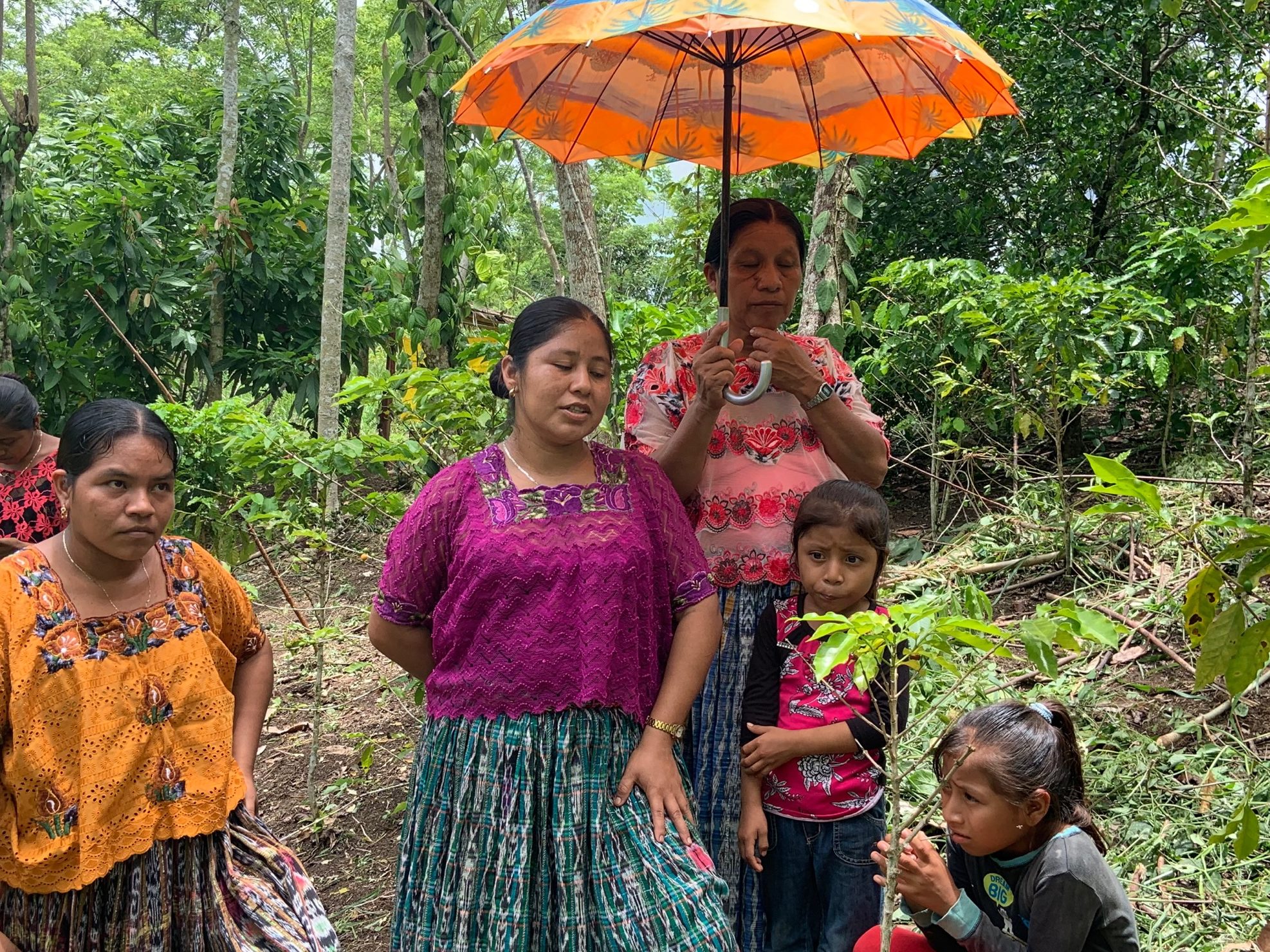A Woman with Leadership and Vision
How One Determined Farmer Changed Her Family’s Fortunes With Black Pepper
Foreword by Laura Shumow, ASTA Executive Director
In August 2019, ASTA member Heifer International invited me and ASTA’s president at the time, David Solomon, to Guatemala to visit the spice farmers that are part of their Green Business Belt Initiative, a project that aims to close the income gap for 6,250 farmers through sustainable spice production. At the time, I didn’t realize what an impressive and eye-opening journey the trip would be.
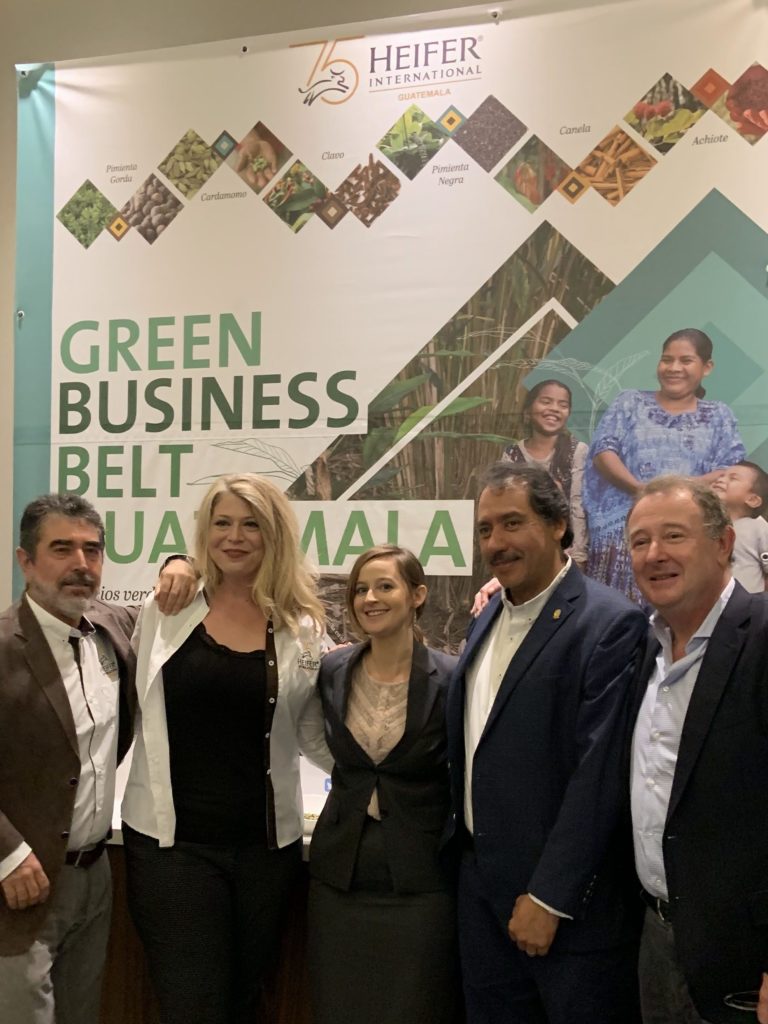
We met up with Suzanne Munson and Heifer’s other gracious hosts in Guatemala City, before an early morning trip to the Alta Verapaz to visit the remote spice-growing Q’eqchi‘ communities in the region that supplies most of the world’s cardamom supply. After an exciting jaunt in a 7-seat prop plane, a bumpy car ride trailed by armed military guards, and a several-mile hike in 90-degree heat and humidity, we arrived at our first Heifer community-dwelling, an open-air building full of welcoming women, curious children, and free-range farm animals.
After another sweltering hike to the growing area, we got to see the fruits of the women’s labor – thriving cardamom bushes, black pepper vines, coffee, cocoa trees, and more, amidst a host of subsistence crops. After my Heifer hosts explained to the Mayan women who I was (an arduous ordeal requiring translation from English to Spanish and then to Q’eqchi‘, then from Q’eqchi‘ to Spanish back to English), the industrious spice farmers rightfully questioned my spice growing capabilities and asked how I supposed I would fare on their farm. One woman then humorously suggested we switch places – she could sit in my Washington, DC office while I tried my hand tending her crops. Of course, she made an excellent point and I have no doubt I would fail miserably at the task – at least without the serious hands-on help from the dedicated Heifer staff that provides ongoing assistance to the women.
Over the next two days, we visited several more communities growing cardamom, cinnamon, and other spices, and saw first-hand the impact that Heifer had in the communities by promoting the status of women, ensuring food security, and putting in place measures to protect the environment. We shared meals with the communities, who slaughtered a turkey or two in our honor, harvested cinnamon, visited cardamom drying facilities, toured a sapling nursery, and even met with the local politicians.
“I consider the last eight years working with ASTA and its members to be a true highlight of my career at Heifer International. I have witnessed powerful transformation in the spice industry. What was once considered niche is now going mainstream – and I believe ASTA and its members should be commended for acting quickly to address issues along spice supply chains, starting with smallholder farmers.”
Suzanne Munson, Heifer International
Inspired by the trip, David and I endeavored to raise sustainability on ASTA’s agenda. We encouraged Suzanne to get involved on ASTA’s Board of Directors and have explored new partnerships with the Sustainable Spice Initiative, with whom we have organized a Sustainability Symposium in advance of the ASTA Annual Meeting.
I often reflect on my experience in Guatemala and my admiration for the impressive Q’eqchi‘ women. I’m very proud of the work our industry does to protect the environment and provide opportunities for women. There is much to do, but together, we can build a more equitable and sustainable spice trade.
Meet Doña Rosalía Choc
The family of Doña Rosalía Choc, a 52-year old mother of nine, live in the community of San Joaquín, Fray Bartolomé de las Casas, Alta Verapaz, Guatemala, where Rosalía fills many roles: mother, wife, and black pepper producer.
More than 20 years ago, Rosalía and her family migrated to Fray Bartolomé de las Casas and initially worked on a coffee farm for many years. Here they learned how to work the land and gained valuable production techniques. The family then acquired 70,000 square meters of land to farm for themselves. Though it had great promise, the land was then only used as a pasture and did not have any crops. Rosalía and her family sought to change this together.
They decided to start working the land, planting forest species early on. Five years into Rosalía’s search for new crops to grow, a farmer from a nearby community offered them black pepper. On that occasion, they acquired around 200 pepper seedlings that they planted using the forest trees they planted as a tutor. Black pepper is now a valued source of income for their family.
“Thanks to God, I have always had the support of my husband, my sons, and sons-in-law, who help us with the maintenance of our plantation and during the harvest,” says Rosalía.
As is the case with many families in this area, Doña Rosalía’s farm was established without any knowledge of agroforestry management or safe drying methods.
In early 2021, Rosalía and her family joined the Green Business Belt project. After a year of technical training, the farm improved its production volume from 55 to 76 quintals in green. The family acquired a mobile dryer to safely dry their product, as previously this practice was done on the ground, where contamination from domestic animals was a risk. With the addition of the mobile dryer, this process is done faster and in a controlled manner.
“These changes have allowed them to sell their product at a better price – increasing their income by more than 130%. These new negotiations have provided better earnings for the family,” says Silvia Tiujt, GBB agroforestry technician.
We want to continue working with Heifer as their support has allowed us to not only improve our production and establish our plantation with good management and now with organic fertilization. We currently have more than 1,000 black pepper plants in production, and we know that with Heifer’s advice we will be able to have the guidance to manage it well, have a better production and get better buyers. Now we can sell our product dry, with better management thanks to Heifer’s support and thanks for taking us into account and giving us alternatives for improvement, now we have a better income selling the product in green and dry.
Doña Rosalía
With the income from their sales, Doña Rosalía has been saving money to buy more land to grow other spices such as cinnamon and cardamom, which are also a part of the GBB’s advisory services. They also rented machinery to build ponds for fish production and to establish a coffee-growing operation.
Doña Rosalía says, “In the community, there are few of us who are dedicated to working our land in an integral way, in my case, I have my firewood, fruit trees, and my spices.” Through Rosalía’s determination, the growth of her family’s farm and income potential has soared, and with help from industry partners, Rosalía was empowered to sustainably transform her land and her family’s future.
Written by Silvia Tujt, Heifer Green Business Belt Agroforestry Technician
